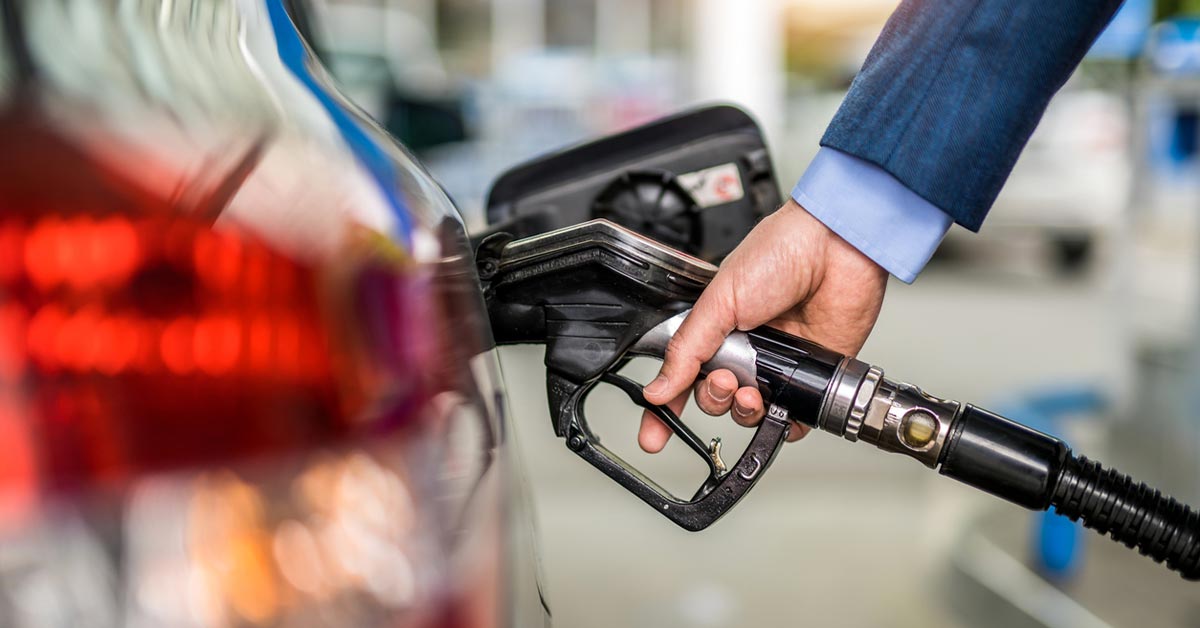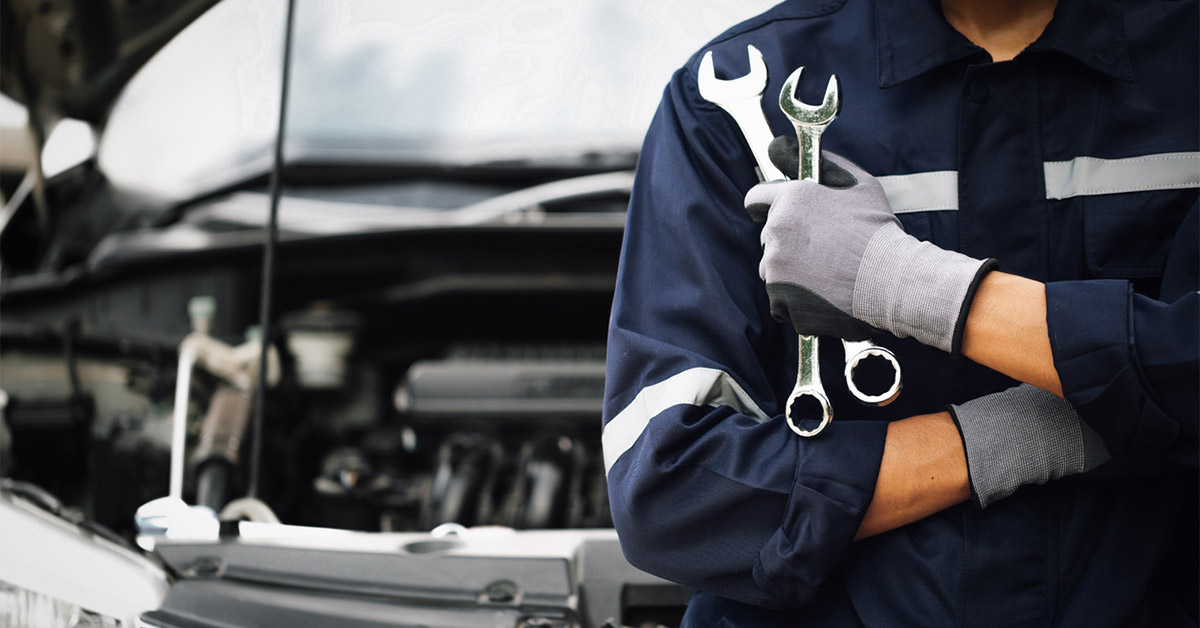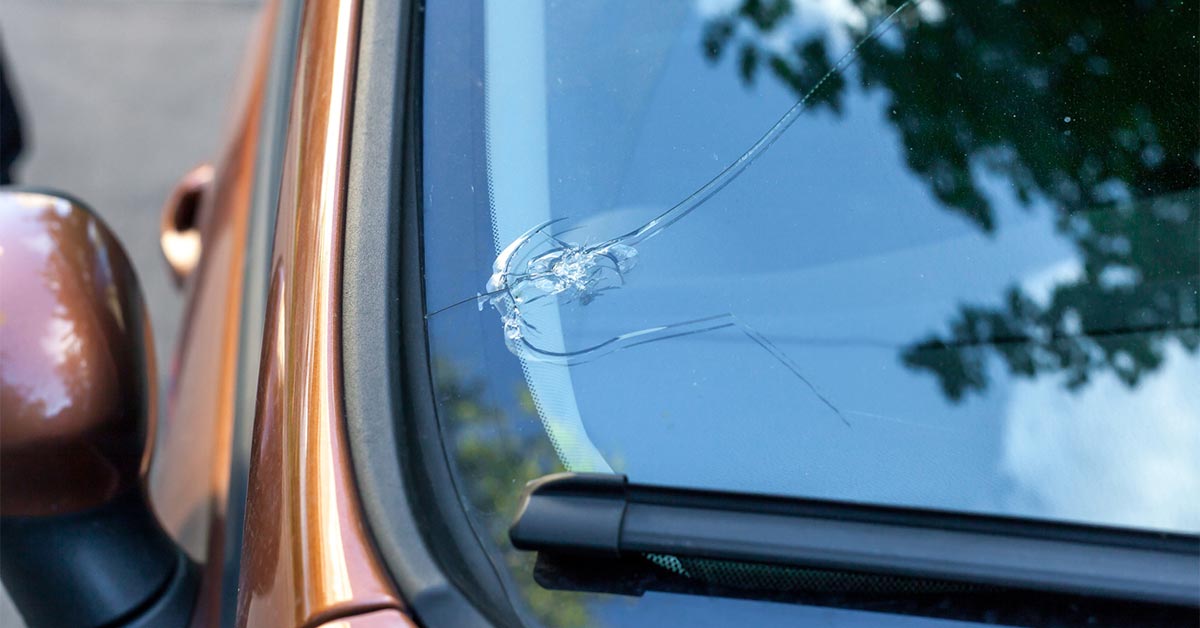It’s no secret that gas is expensive. With prices hitting record highs earlier this year, improving your vehicle’s gas mileage could help you save significantly at the pump. In addition, better fuel efficiency also helps the environment due to fewer released emissions.
Fortunately, you don’t have to jump through major hoops to squeeze additional miles out of your regular fill-up. If you’re ready to save, this guide will introduce you to a few tips that could help you improve your gas mileage.
1. Check Your Tire Pressure
Keeping your car well-maintained is essential when it comes to improving fuel efficiency. If you haven’t checked your tire pressure recently, we recommend doing so.
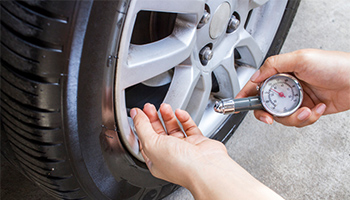
When tires fall below their recommended pressure, your vehicle must work harder to combat the added rolling friction. When this happens, your car’s gas mileage significantly decreases, and your tires wear out faster. According to the U.S Department of Energy, you can improve your gas mileage by up to 3 percent by keeping your tires properly inflated.
Generally, you should fill most tires to around 32 to 35 psi. However, it’s always important to double-check the owner’s manual to find the recommended specifications for your model. In addition, we recommend you carry a tire pressure gauge in your vehicle so that you can always ensure your tires are at their best.
2. Watch the Pedal
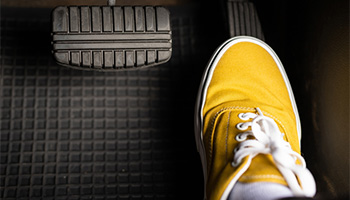
Speeding, rapid acceleration, and slamming on the brakes can quickly waste your car’s fuel. These driving practices put a lot of strain on your vehicle as it works to keep up with the constant stop and go, especially at high speeds. According to one study, aggressive driving can lower gas mileage by about 10 to 40 percent, equating to losing about $0.25 to $1 per gallon.
If possible, it’s best to use cruise control when driving at a higher velocity for a long distance, such as on a highway. If your car doesn’t have cruise control, maintain a constant speed (within the speed limit) for a similar effect.
3. Limit Idle Time
One of the easiest ways to get the most out of your fuel is to eliminate unnecessary idling. And contrary to popular belief, restarting your engine does not use more fuel than leaving the vehicle on. When you leave your car running for an extended period without moving, you get 0 miles per gallon.
Waiting to pick someone up? Long drive-thru line? Consider cutting the engine in situations like these if your expected wait will be over 10 seconds to improve your gas mileage.
4. Reduce Your Vehicle’s Weight
The heavier your car is, the harder it will need to work to accelerate, affecting your fuel efficiency. Consider cleaning out your trunk and removing any unnecessary items to get a better mpg. However, do keep roadside essentials such as an emergency kit and basic repair tools.
Have a roof cargo box or roof bike rack? If so, they could be adding additional wind resistance that ultimately lowers your fuel efficiency. If you need the extra space, we recommend rear-mounted cargo boxes as these have less of an effect on your car’s performance.
5. Keep Your Wheels Aligned
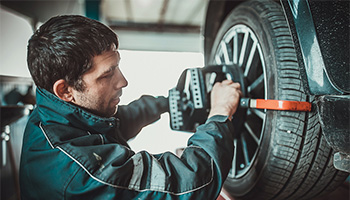
Tire pressure isn’t the only way tires can affect your gas mileage. For example, if your tires are out of their proper alignment, they drag instead of rolling freely. Not only will this cause your tires to wear out, but it could also increase fuel consumption by up to 10 percent as your car works to overcome the drag.
Not sure if your tires need an alignment? Head to your local auto shop, purchase a tread depth gauge (around $3) and measure the tread depth on the edges of each tire. If one side is worn more than the other, your vehicle should be realigned.
Keep Your Vehicle Protected
Keeping your vehicle well maintained helps prolong its life and enables you to improve your fuel efficiency. However, the easiest way to ensure your vehicle is protected is with proper auto insurance. With coverage options such as roadside assistance, you’ll be covered should your vehicle stop working while on the road. To learn more about your insurance options, give our insurance specialists a call today at (888) 772-4247.
The information in this article is obtained from various sources and is offered for educational purposes. Furthermore, it should not replace manuals or instructions provided by the manufacturer or the advice of a qualified professional. No warranty or appropriateness for a specific purpose is expressed or implied.
